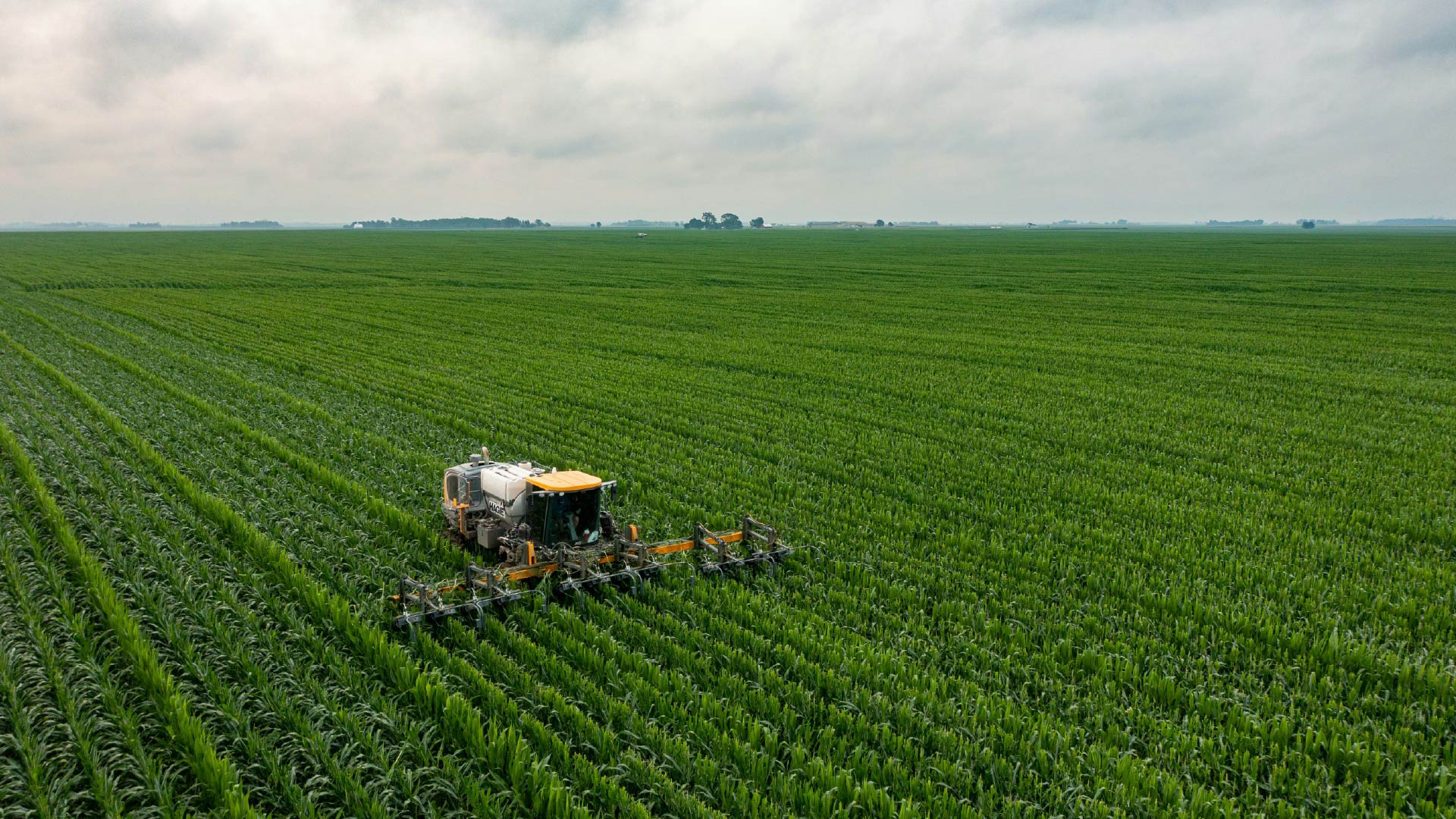Supply Chain Sustainability In Europe: Navigating Delays, Simplifications And New Opportunities
Almost six months after the Omnibus Simplification package was announced, the future of European supply chain sustainability regulations is still uncertain. In June 2025, we saw significant scaling back of the CSRD, the EU Battery Regulation, the CBAM, the CSDDD and the EUDR, with regulators announcing implementation delays, increased reporting thresholds and diminished due diligence requirements. Against this backdrop, firms have taken a cautious 'wait and see' approach, introducing significant uncertainty in the supply chain sustainability software market.
Alongside broader simplification of the CSRD, EU regulators have targeted supply chain compliance requirements, positioning these reforms to bolster European competitiveness. Recent changes under the simplification package include:
- Simplification of CBAM requirements.
On June 18, the EU Council and Parliament reached a provisional agreement to simplify CBAM procedures under the Omnibus I package. The agreement introduces a broader ‘de minimis’ threshold, exempting importers of up to 50 tonnes of goods per year, as well as SMEs and individuals. The revised regulation will prevent disruptions for importers at the start of 2026, allowing them to continue importing CBAM-regulated goods while their registration is being processed.
- Simplification and delay of the Corporate Sustainability Due Diligence Directive (CSDDD).
On June 25, the EU Council agreed to increase the threshold for the CSDDD to 5,000 employees and €1.5 billion net turnover. The proposal also limits due diligence obligations to Tier 1 suppliers, shifting the focus from an entity-based approach to a risk-based approach. If approved by the European Parliament, the proposal may extend transposition and application deadlines until July 2027. The rules will start to apply to the first group of firms in 2028, followed by a staggered approach until full application in July 2029. - Delayed implementation of the EU Deforestation Regulation (EUDR).
On July 8, the European Parliament rejected a benchmark system categorizing countries by their level of deforestation risk, setting back the upcoming EU Deforestation Regulation. In December 2024, the EUDR’s implementation was delayed by a year, with the EUDR now becoming applicable for large organizations in December 2025 and for micro- and small firms in June 2026. The recent pushback raises questions on the EU Commission’s ability to produce a new country risk classification ahead of December 30, 2025, which would again cause the regulation’s implementation to be delayed.
Although simplifications and delays are still ongoing, the upcoming 2025 Verdantix global survey shows that sustainability rules and voluntary reporting will continue to shape corporate spending for years to come. Supply chain sustainability software vendors are uniquely positioned to help organizations move beyond reporting and achieve real sustainability impact. By delivering clear, integrated data, supply chain sustainability software enables transparent reporting while embedding sustainability into planning, risk management and procurement processes. To maximize their impact, vendors will need to tailor their messaging to a broader audience and showcase how their software solutions enhance the usability and value of sustainability data, pushing firms towards agile, resilient and sustainable supply chains. Although the EU’s Omnibus Simplification package has introduced increased compliance uncertainty, firms will continue to evaluate and assess their due diligence obligations across the supply chain.
If you want to learn more about the future of sustainability regulations under the Omnibus, and how supply chain sustainability software can help firms navigate this uncertainty, see Strategic Focus: Unpacking The EU Omnibus And Its Impact On Sustainability Software and Buyer’s Guide: Supply Chain Sustainability Solutions (2025).
About The Author

Elisa Molero
Senior Analyst





